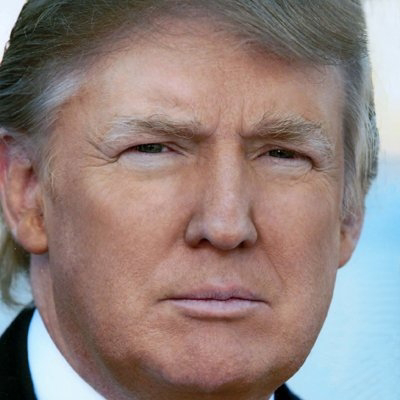deep state" is used in the context of regime change,
The term "deep state" refers to the idea of a hidden, unelected group within the government or powerful institutions that operates independently of, or even against, the elected leadership and democratic processes. This concept often implies that these elements have significant influence over policy, national security, and even regime change activities.
When the term "deep state" is used in the context of regime change, it typically suggests that these unseen forces—such as intelligence agencies, military leaders, or influential bureaucrats—are involved in influencing or orchestrating regime changes both domestically and internationally, often without public knowledge or consent.
### **Key Aspects of the Deep State and Regime Change:**
1. **Influence on Foreign Policy:**
- **Covert Operations:** Intelligence agencies like the CIA have historically been involved in covert operations aimed at destabilizing or overthrowing foreign governments. These activities are sometimes perceived as being driven by "deep state" interests rather than by the policies of elected officials. The 1953 coup in Iran and the 1973 coup in Chile are often cited as examples where intelligence agencies played a significant role in regime change operations.
- **Continuity of Policy:** The idea of a deep state suggests that certain policies, especially regarding national security and foreign affairs, remain consistent regardless of changes in administration. For example, some argue that U.S. interventions in the Middle East and other regions follow a long-standing agenda driven by military and intelligence interests, rather than the elected president's policies.
2. **Domestic Implications:**
- **Control Over Information:** The deep state is often associated with the control and manipulation of information to justify or obscure regime change efforts. This can include media influence, misinformation campaigns, or the suppression of dissenting voices within government institutions.
- **Political Manipulation:** Some theorists suggest that the deep state could also be involved in domestic regime change, influencing or undermining elected officials to maintain a particular political or economic order. For example, allegations of intelligence agencies undermining certain administrations or pushing for particular outcomes in elections or policy decisions.
3. **Public Perception and Conspiracy Theories:**
- The concept of the deep state has been popularized in recent years, particularly by politicians and commentators who suggest that there is an entrenched bureaucracy working against the will of the people or their elected representatives. This has led to a mix of legitimate concerns and conspiracy theories about the extent and influence of these hidden powers.
4. **Criticism and Skepticism:**
- Critics argue that the idea of a deep state can be used as a political tool to delegitimize opponents or explain away policy failures. They contend that while powerful institutions certainly have influence, the idea of a coordinated "deep state" working in secret to manipulate governments is often exaggerated and lacks solid evidence.
### **Conclusion**
The concept of the "deep state" in relation to regime change combines elements of real-world government operations with more speculative or conspiratorial thinking. While it's undeniable that powerful institutions like intelligence agencies have played roles in both foreign and domestic political developments, the extent and nature of a coordinated deep state are subjects of ongoing debate.



Comments